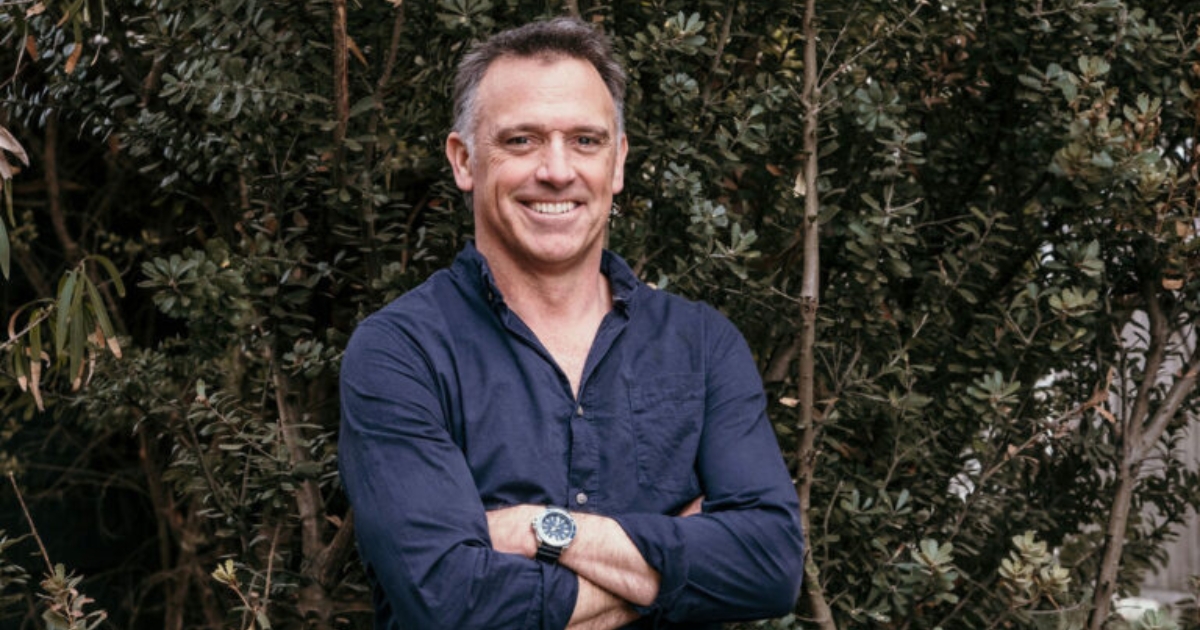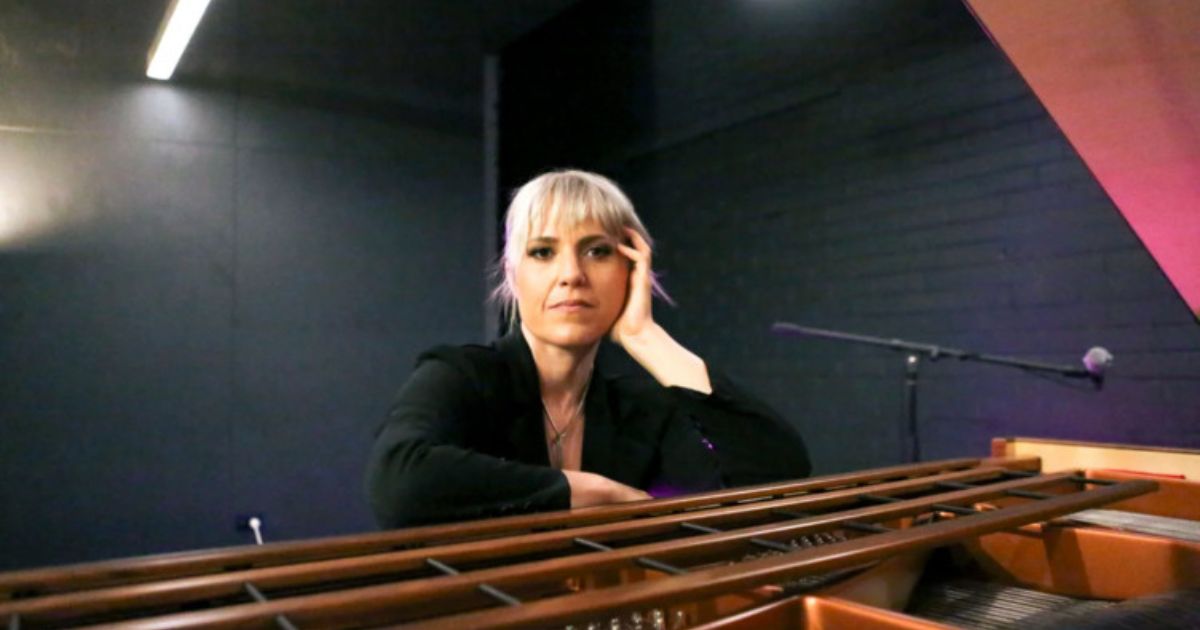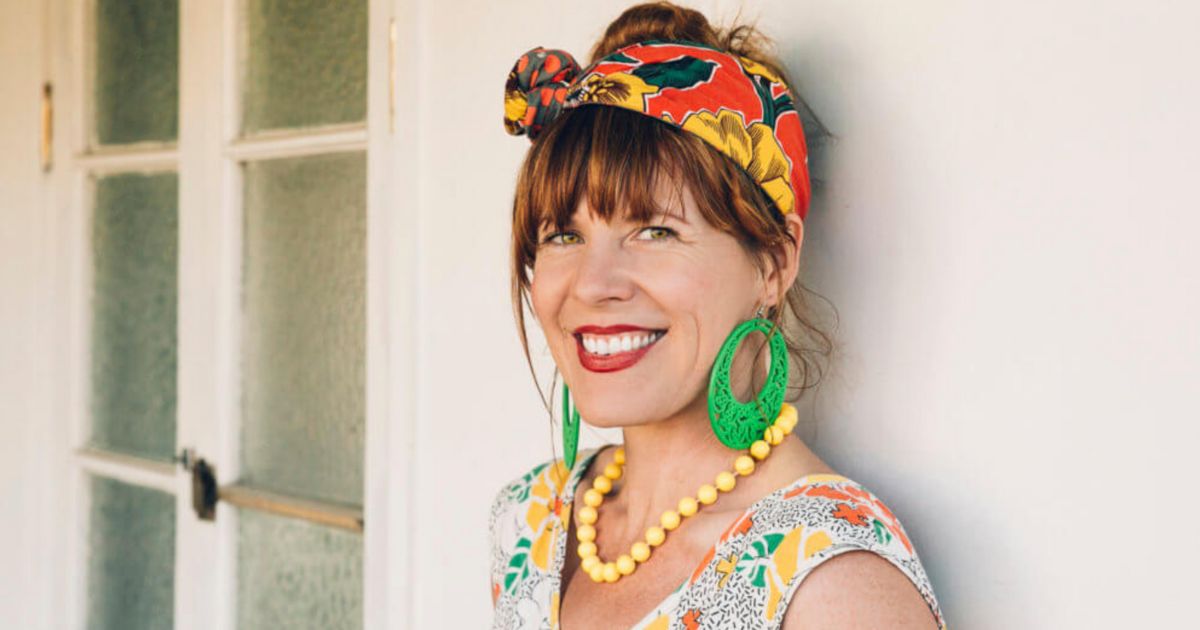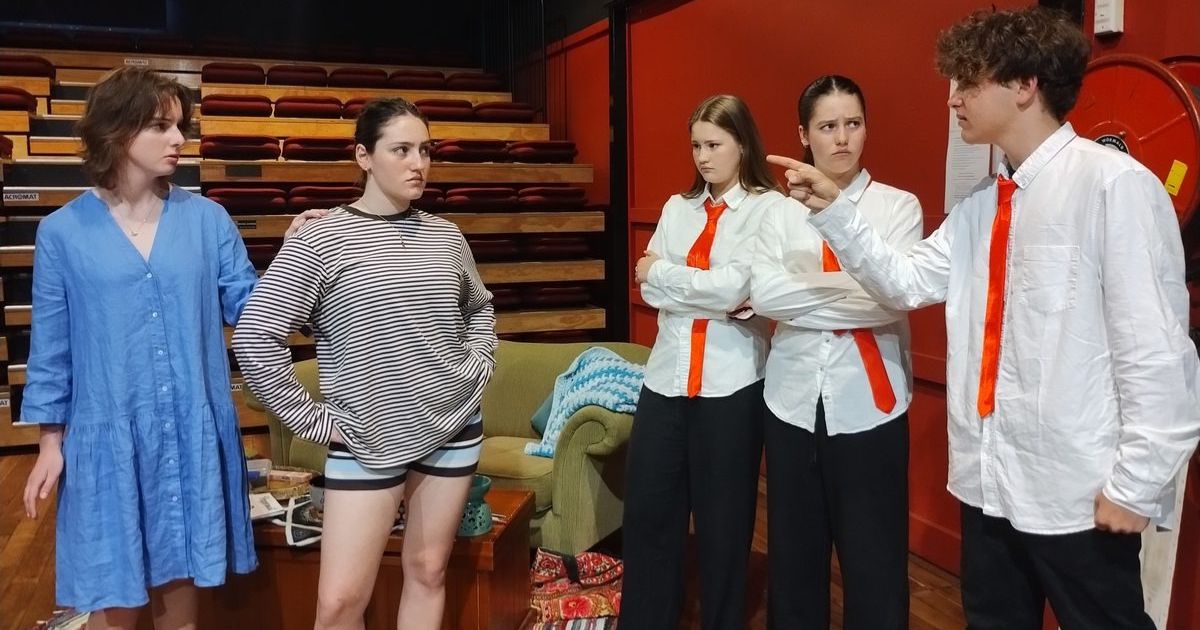Jock Serong on protest, masculinity and imagination
FOR Jock Serong, calm surfaces often hide the strongest undercurrents.
“You can launch a war from a boardroom, but for god’s sake don’t raise your voice,” he wrote in an essay on seismic blasting off Victoria’s southwest coast.
The piece described a meeting in Port Fairy where a corporate frontman, palms raised, tried to calm a restless crowd.
“Please, please. This is an information night.”
Serong saw those gestures as discouraging anyone from speaking forcefully, even though the far greater violence of blasting marine creatures with soundwaves and the destruction that could follow proceeded under the guise of polite business.
That essay shifted how he saw his own role as a writer.
“I love writing about the natural world and the ocean, but I know I was guilty of complacency,” he says.
“It took a couple of very passionate, committed people to give me a forceful shake and say, if you’re being published, you’ve got an obligation to put a flag in the ground.”
That push to challenge easy ideas of Australia runs through his work, from his historical fiction to his essays and journalism, and it shapes his sessions at this year’s Byron Writers Festival.
Over three days, Serong will appear in four sessions. He will talk with Angela Catterns about his new novel Cherrywood, join Tom Keneally and Emily Maguire to discuss history, share the stage with Helen Garner to explore masculinity and team spirit, and host Breaking the Waves with Layne Beachley and Pauline Menczer.
Serong’s career began in law, as a criminal lawyer.
The shift to journalism and fiction, he says, offered a different relationship with truth.

“In legal practice, I was a litigator and mostly I worked in crime so mostly I was acting for a person and representing their interests and that meant that although you are ethically bound to the truth, you’re only there in one person’s interests,” he says.
“Where I think when you’re writing for public consumption in magazines or in books you can advocate for collective things so you can try to bring lots of people along with you. They’re very, very different forms of digging at the truth.”
For Serong, fiction’s strength lies in its ability to connect people.
“One of the things fiction does very, very well is tap into the things we’re all feeling and create empathy between people who may never meet, and activism is trying to do a similar thing,” he says.
“It’s trying to get people to come along for a ride and to point out to people that they do care and we care and that we can work together. In the age of the oligarchs running social media, the whole aim is to atomise us, to make us feel separate. Fiction’s still got this really important job to do going in the other direction to help pull us together.”
Serong believes one of the problems facing society is people turning their backs on history.
“Thinking about the past has become somehow more sentimental rather than a very, very useful instructive thing to do.”
“History keeps throwing patterns at us and saying, if this sequence of events occurs, then you can expect the following consequences. It’s true of Gaza, it’s true of Russia and Ukraine, it’s true of lots and lots of things. And yet we persist in the idea that to look backwards is to somehow be stagnant or to be pessimistic. Historical fiction, I think, is one of the forces doing this job, to say we have seen these things before and we need to be alert to them.”
His conversation with Helen Garner, The Season, will also tackle masculinity, a subject Serong says has been sidelined in Australian writing.
“As a bloke I suppose writing about men and thinking about men is interesting because men aren’t reading,” he says.
“Very few men are reading these days, and those who do tend to read non-fiction. You can see the positive side of that, which is this is a field of human endeavour in which women have got an extremely strong toehold and are doing really well and that’s positive, but we do need to ask ourselves what’s happened to men and why are men stepping away from all of this.”
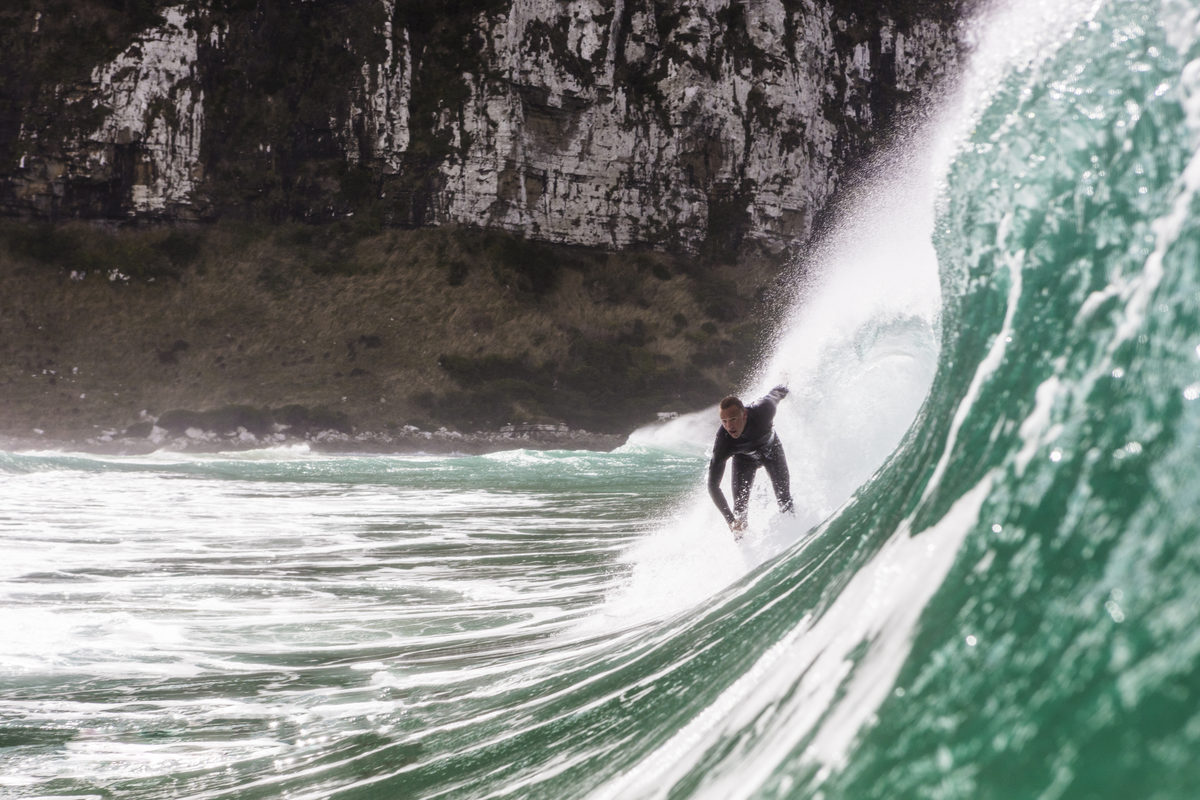
Garner’s current book, he says, stands apart for its focus on the human side of young men in sport.
“She’s trying hard to find the human and the positive in a bunch of young men doing something together,” Serong says.
“And that makes it a bit of an outlier in current Australian writing and I think it’s a positive thing.”
Asked what he hopes readers take from his work, Serong says it comes down to challenging complacency.
“We’re fed pre-digested ideas of what it means to be Australian and what Australia itself means,” he says.
“We can be more critical and more imaginative than that. There are amazing, obscure, important, beautiful ways of living on this continent, and we keep getting sucked into the bland ones. We’re incredibly fortunate to be here, and we should examine that good fortune critically.”
Jock Serong’s Byron Writers Festival sessions:
Cherrywood with Angela Catterns: Friday, August 8, 10.30 am to 11.30 am, Cherrywood Stage, A&I Hall.
Breaking the Waves with Layne Beachley and Pauline Menczer: Friday, August 8, 3.15 pm to 4.15 pm, Melaleuca Stage.
Historical Fiction with Tom Keneally and Emily Maguire: Saturday, August 9, 3.15 pm to 4.15 pm, Melaleuca Stage.
The Season with Helen Garner: Sunday, August 10, 11.45 am to 12.45 pm, Hakea Stage.

